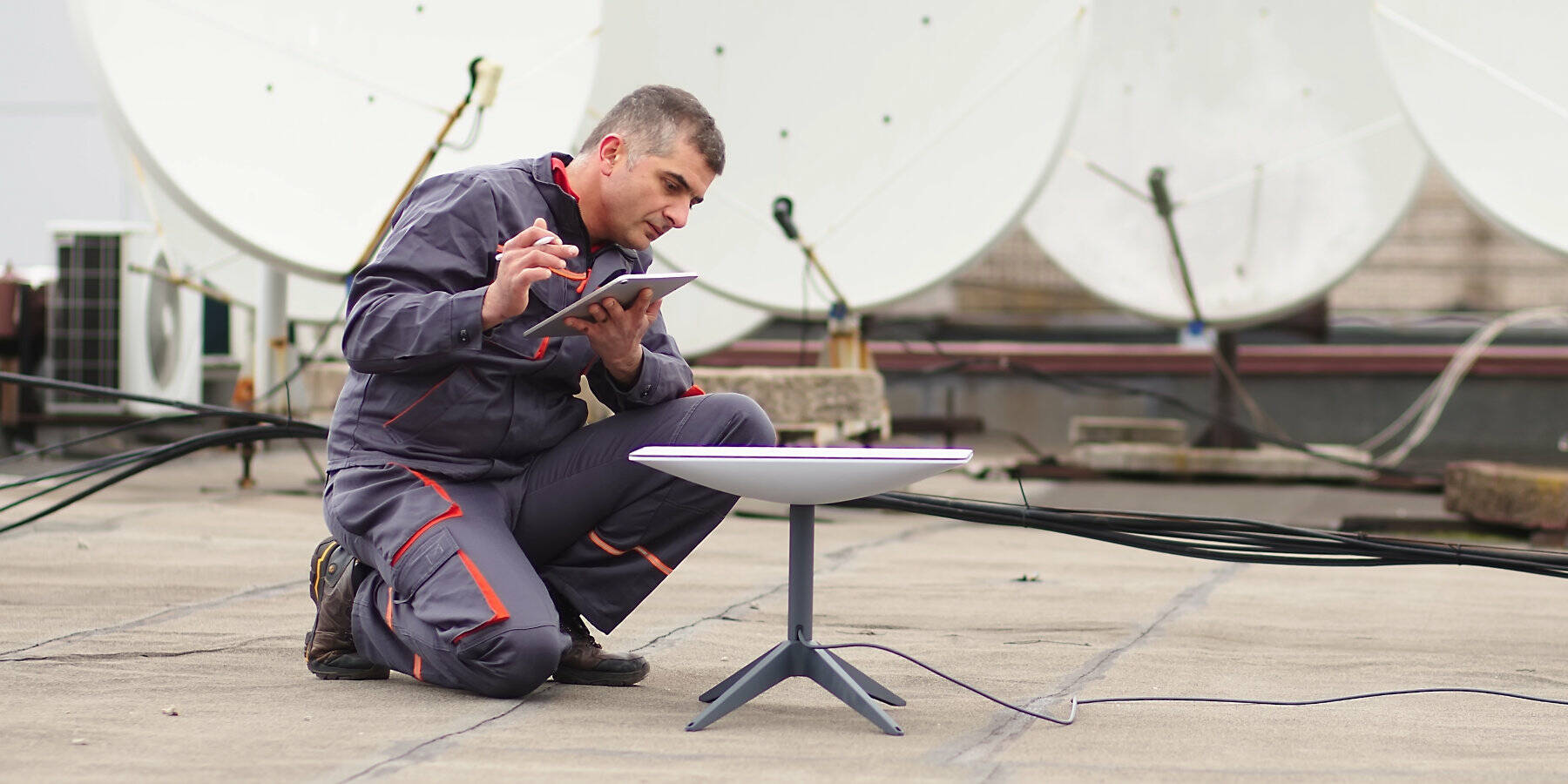Out With The Old, In With The New As 100 Starlink Satellites Take Atmospheric Exit

SpaceX is set to deorbit about 100 of its older Starlink broadband satellites after identifying an issue that could cause them to malfunction and become unresponsive to ground control.
In an update [PDF] posted on the Starlink website, SpaceX says it plans to perform controlled descents of early version 1 Starlink satellites over the coming weeks and months. This is a preemptive action before the satellites fail.
The space operator reckons all the satellites are currently maneuverable and serving the Starlink broadband customer base, but identified a common issue with this specific bunch of sats that might make them more likely to fail in the future. The company didn't specify the nature of this flaw.
The satellites will execute a controlled lowering operation estimated to take approximately six months before they burn up in the atmosphere. SpaceX was at pains to point out the sats will maintain maneuverability and collision avoidance sensors during their descent.
The Starlink satellite constellation operates in low Earth orbit (at about 550 km or 340 miles altitude) and atmospheric drag at this level means that a non-maneuverable vehicle should see its orbit decay naturally within about five years or so.
- Ukraine claims Russian military is using Starlink
- How Neuraspace aims to clean up orbital clutter with AI
- Musk lashes out at Biden administration over rural broadband
- Musk claims that venting liquid oxygen caused Starship explosion
However, SpaceX says it is company policy to proactively deorbit any satellites that it can identify as having an elevated risk of becoming non-maneuverable as part of it's "commitment to space sustainability."
SpaceX admits this approach comes at the cost of losing satellites that are currently serving users, but claims Starlink customers will not be impacted because its entire model is based around the continual replenishment of the constellation. SpaceX says it has the capacity to build up to 55 satellites per week and launch more than 200 satellites per month.
A total of 5,289 Starlink units were launched into orbit since 2019, but not all of these units are still around. SpaceX has initiated controlled deorbits for 406 satellites so far. Seventeen of these are now non-maneuverable, but SpaceX claims to be tracking them to avoid collisions with other satellites.
Starlink was reported by network intelligence outfit Ookla to be the fastest among the satellite broadband providers it surveyed last year, delivering median download speeds of over 100 Mbps in 14 European countries, and even beating many terrestrial networks. ®
From Chip War To Cloud War: The Next Frontier In Global Tech Competition
The global chip war, characterized by intense competition among nations and corporations for supremacy in semiconductor ... Read more
The High Stakes Of Tech Regulation: Security Risks And Market Dynamics
The influence of tech giants in the global economy continues to grow, raising crucial questions about how to balance sec... Read more
The Tyranny Of Instagram Interiors: Why It's Time To Break Free From Algorithm-Driven Aesthetics
Instagram has become a dominant force in shaping interior design trends, offering a seemingly endless stream of inspirat... Read more
The Data Crunch In AI: Strategies For Sustainability
Exploring solutions to the imminent exhaustion of internet data for AI training.As the artificial intelligence (AI) indu... Read more
Google Abandons Four-Year Effort To Remove Cookies From Chrome Browser
After four years of dedicated effort, Google has decided to abandon its plan to remove third-party cookies from its Chro... Read more
LinkedIn Embraces AI And Gamification To Drive User Engagement And Revenue
In an effort to tackle slowing revenue growth and enhance user engagement, LinkedIn is turning to artificial intelligenc... Read more

